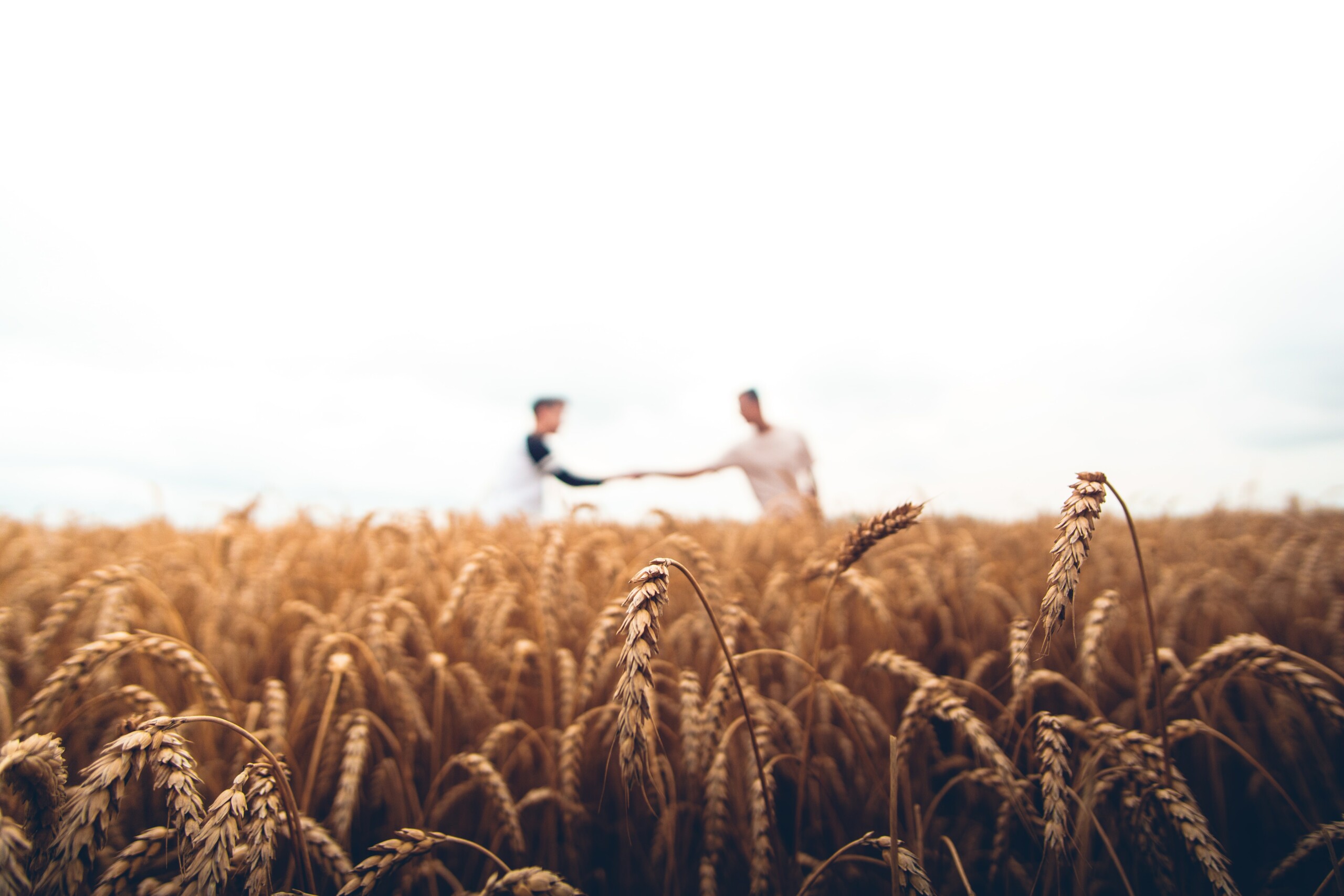Qual foi o desafio/problema abordado?
We aim to reduce dependence on synthetic fertilizers and chemical agents while ensuring both qualitative and quantitative production meets sufficient standards. Simultaneously, we strive for environmental improvement. It is crucial to keep cultivation risks minimal or unchanged. Portanto, extensive knowledge development and observations are necessary. The development of a growth model will play a significant role in achieving these objectives.
Como você resolveu o problema?
During potato planting, leguminous and buckwheat companion plants are simultaneously sown. Companion plants (CP) are not cultivated for harvest but offer various environmental and growth benefits to potatoes. They aid in weed and pest control, enhancing soil fertility. Sowing depth ensures both potato plants and CP emerge simultaneously. Mechanical weed control is necessary, as herbicides would harm CP. CP is interspersed with potatoes, promoting mutual growth above and below ground, enhancing biodiversity, and attracting insects. Buckwheat’s nectar-rich flowers attract pollinators, and its known suppressive effect on pests, along with weed control, is beneficial.
Leguminous plants fix nitrogen in the soil via Rhizobium bacteria, benefiting potatoes and reducing synthetic fertilizer needs. Mycorrhizal fungi link legumes and potatoes, mitigating underground threats and aiding nutrient absorption. Plant roots (buckwheat, legumes, potatoes) mutually reinforce, collaborating differently with soil organisms.
The CP mixture adapts to evolving insights, and a growth model, anchored in soil conditions and fine-tuned with current weather data, predicts crop growth and nutrient availability. Visual and physical observations calibrate the model.
Harvested produce is meticulously sampled for quality and quantity, compared to traditionally grown crops on the same field. Stored separately, growth, insect populations, weed development, and weather conditions are continuously monitored.
Potatoes are marketed through the supermarket channel, highlighting the cultivation method’s added value. “Onze Markt” aligns with this concept, connecting fair farmer prices to sustainable practices, transparently addressing higher cultivation costs, and compensating throughout the chain and by consumers.
Lekker Lupine contributes to the protein transition by promoting the cultivation and consumption of organic lupin beans for human consumption, fostering a sustainable income model for farmers. The leguminous lupine crop benefits human health, solo, and the climate, boasting a high protein content and well-suited for cultivation in the Netherlands. Through Lekker Lupine, we strive to make lupine suitable for large-scale delivery, develop new innovative product lines with lupine in collaboration with the supply chain, and facilitate the exchange of knowledge among farmers and chain partners
O que há de inovador no seu caso prático?
Establishing a resilient and sustainable potato cultivation by incorporating companion plants aims to eliminate the need for herbicides and insecticides due to the myriad benefits provided by these companions (enhanced above and below-ground biodiversity, weed and pest suppression). Fungicides are the sole remaining application, minimized based on the evolving growth model and monitoring. Simultaneously, a reduction in synthetic nitrogen fertilizer is targeted through nitrogen-fixing plants and increased organic manure, previously implemented in prior years. Overall, fewer resources are utilized, alleviating environmental impact, while ensuring sufficient income for the farmer.
Quais são os fatores de sucesso na resolução do problema?
Stakeholder/beneficiary network
Lições aprendidas
desconhecido
Qual o papel do consultor ou serviço de consultoria no caso prático?
.
Sua abordagem pode ser transferida e / ou adaptada para outros desafios de inovação e regiões?
sim
Transferibilidade estimada em uma escala de 1 Ir para o conteúdo 5
(Onde 1 é fácil e 5 muito difícil)
1
Por compartilhar a experiência sobre as boas práticas, entre em contato
Jurrian Nannes
jurrian.nannes@wur.nl
